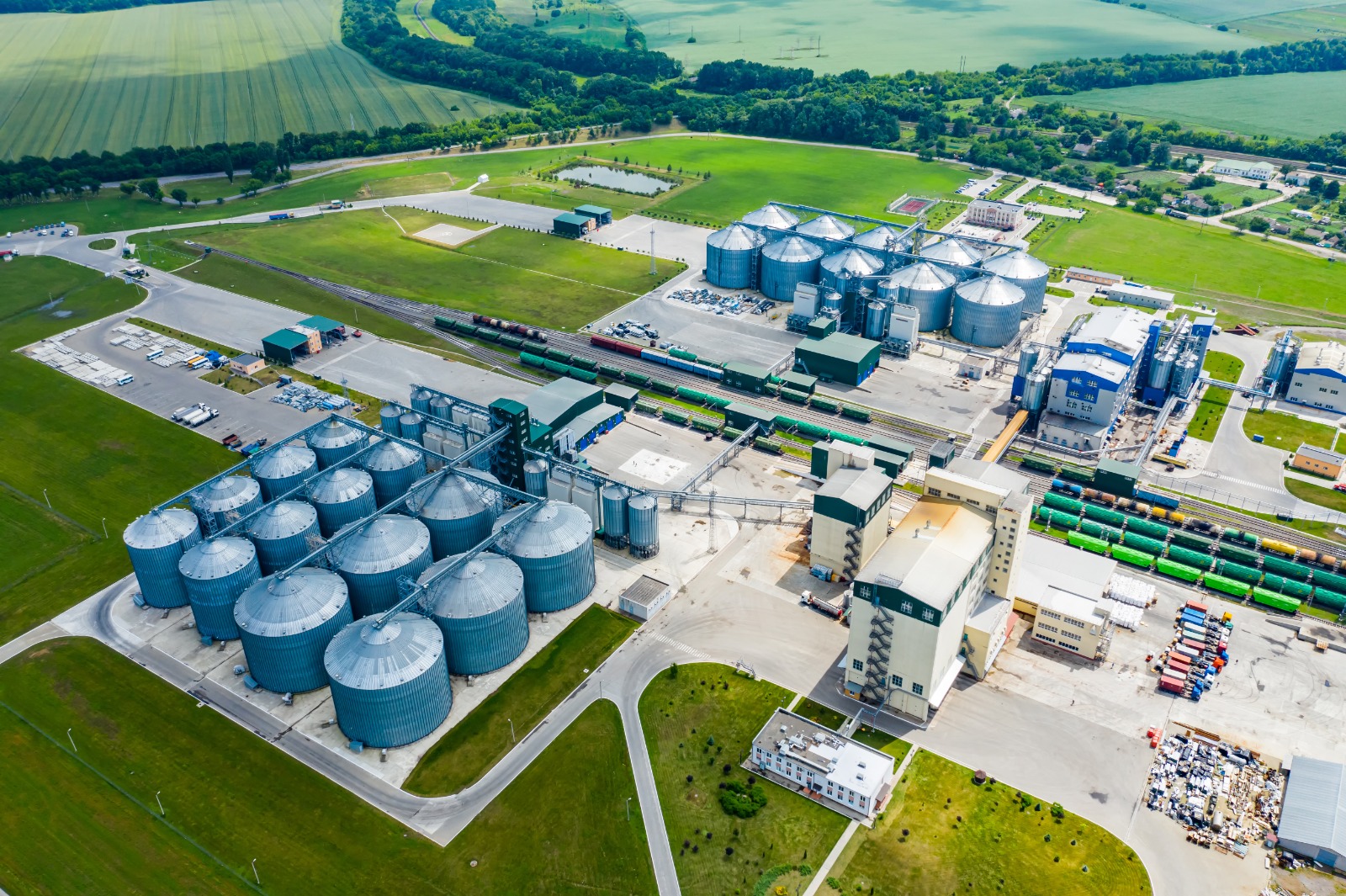
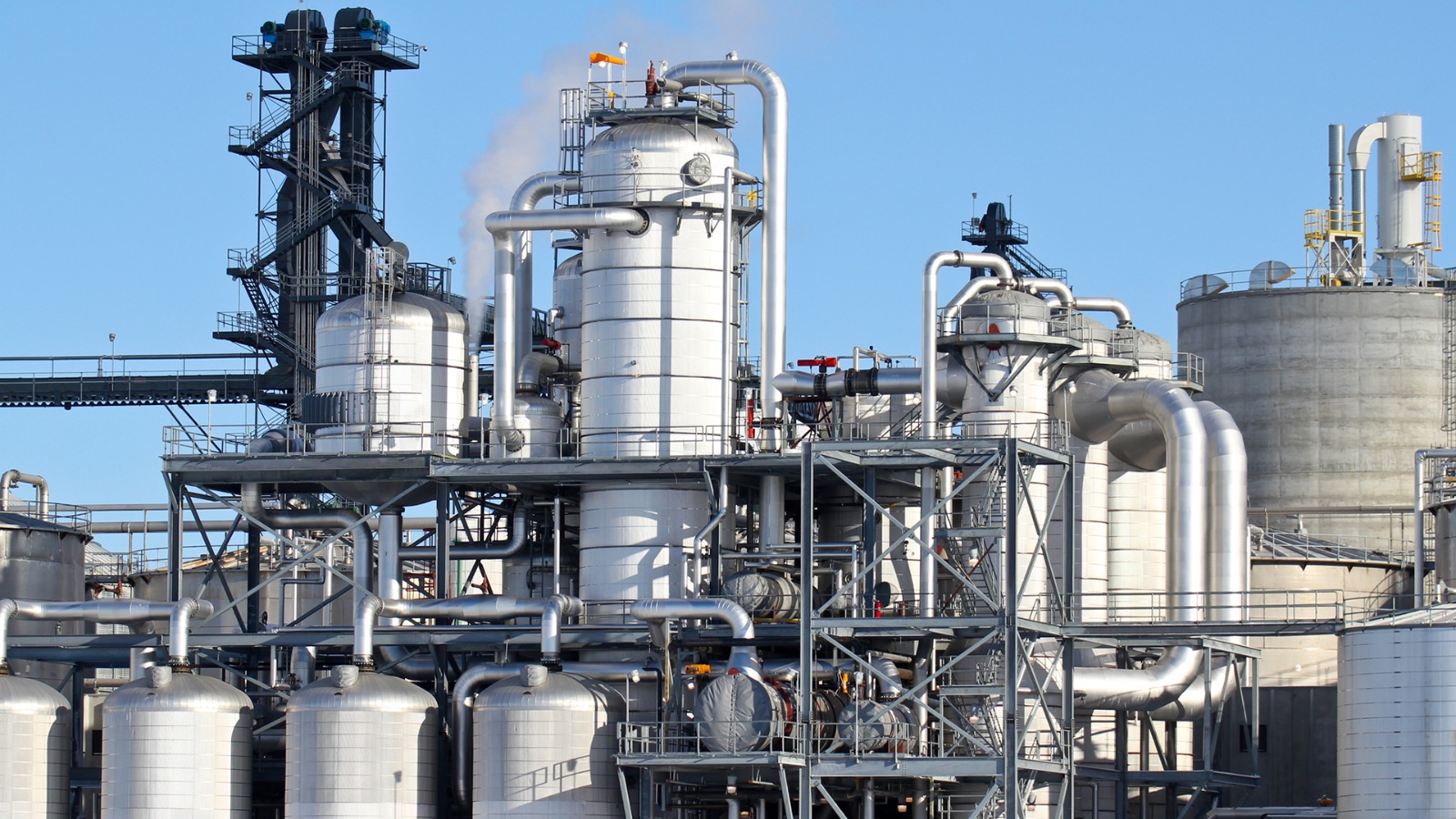
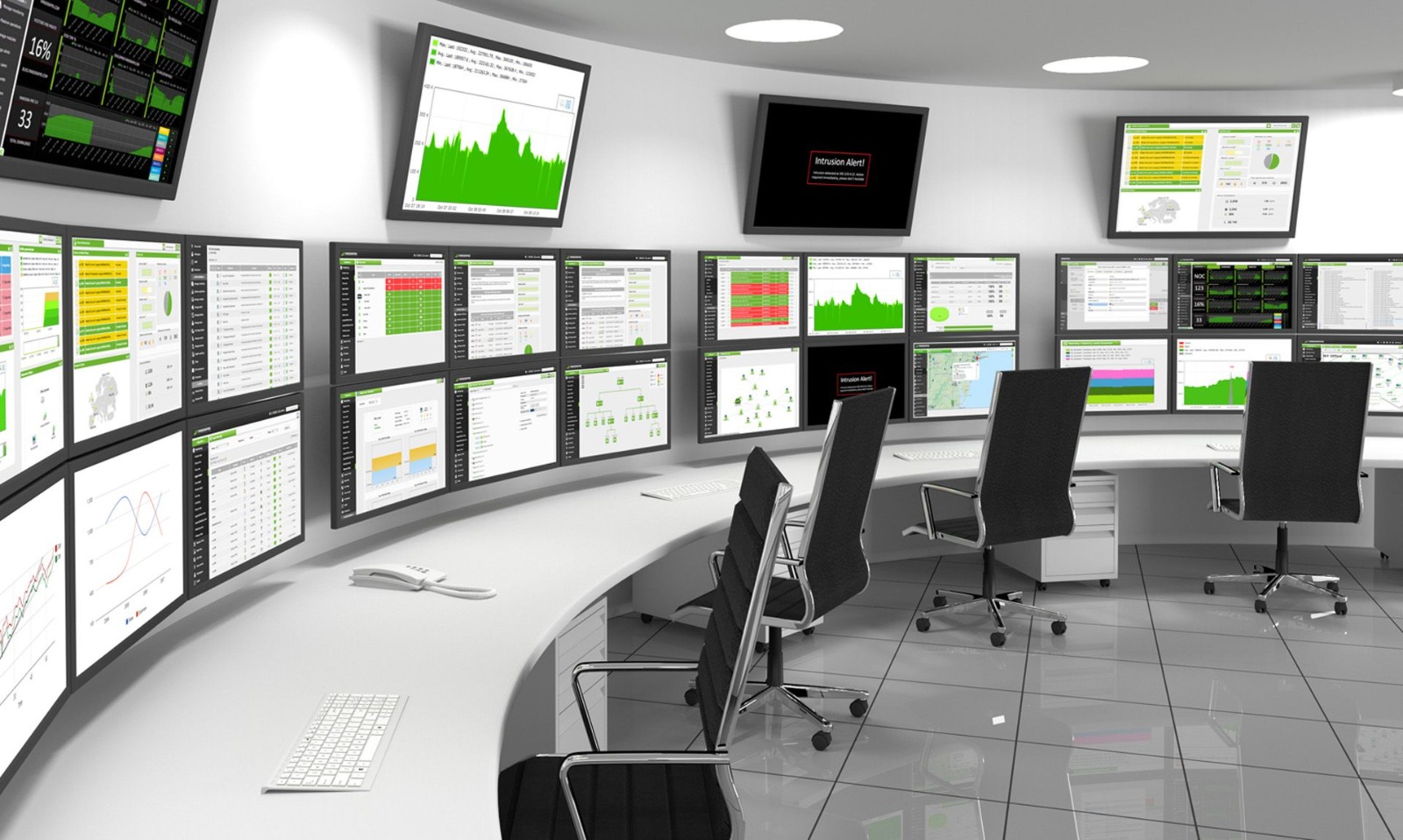
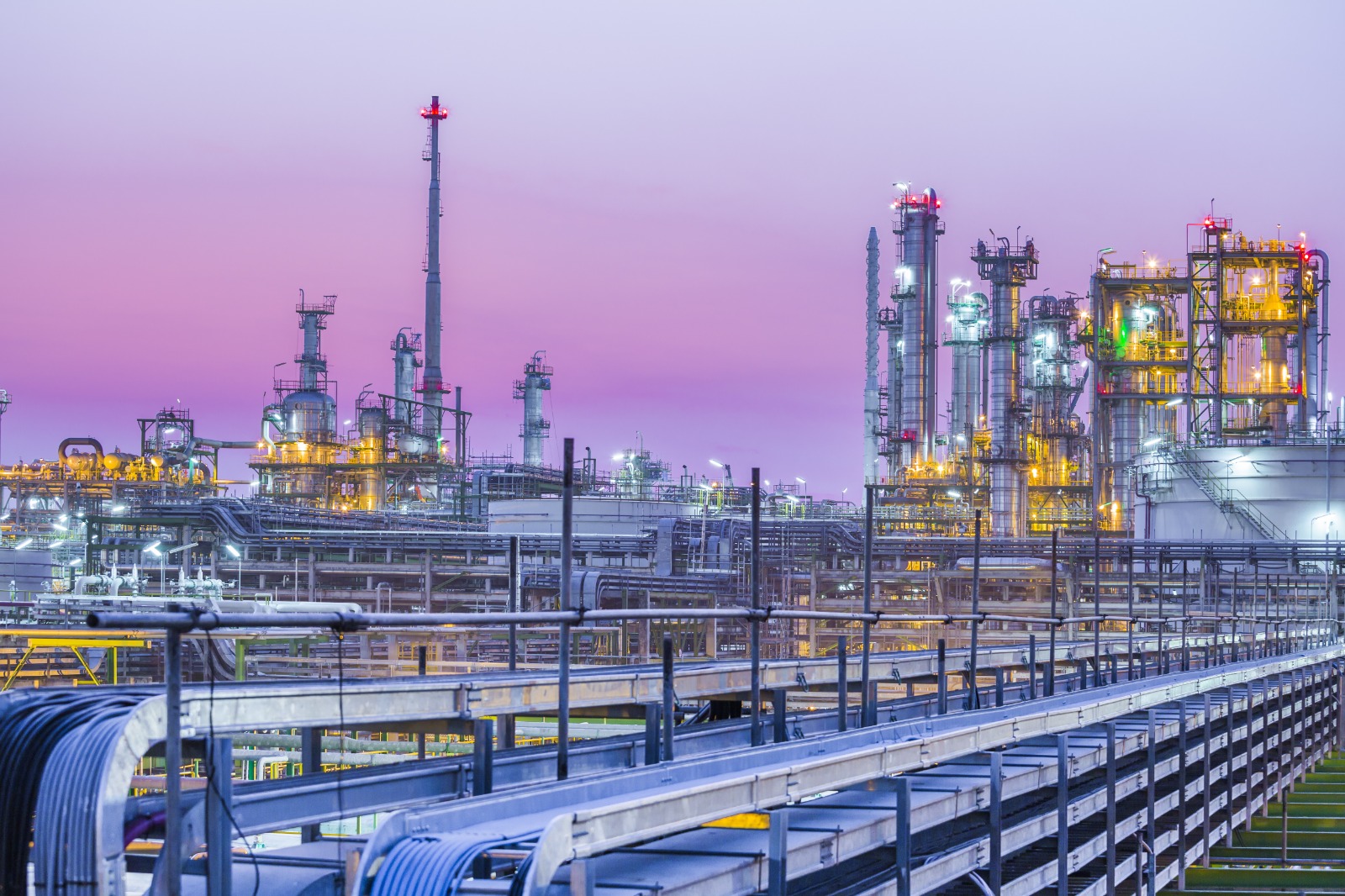
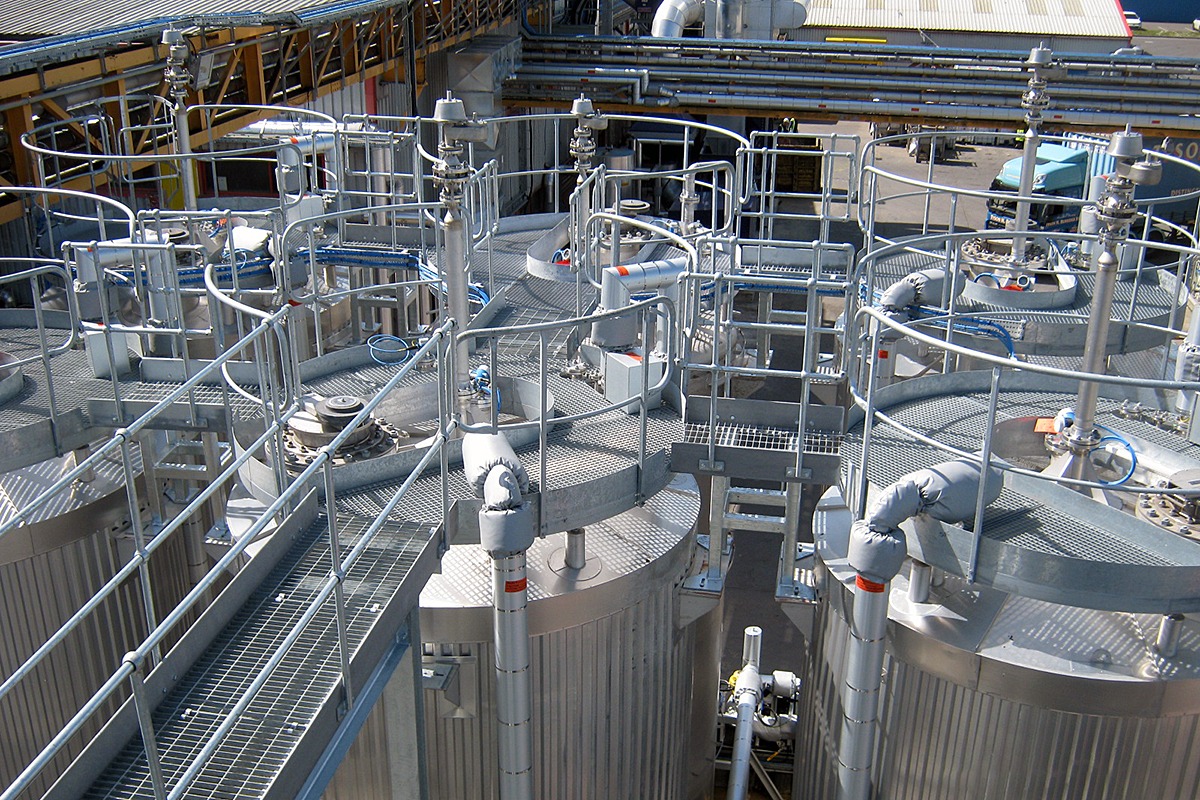
About Us
If your business involves the manufacture, storage, use or processing of dangerous substances, Dunameering will help you systematically identify the hazards and implement measures to prevent, control or mitigate the risks associated with your activities. Hazardous materials present a danger to people and the environment either because of their inherent properties or because of the conditions, such as temperature and pressure, under which they are used or processed. Loss of containment of hazardous materials can directly harm people as a result of their toxic properties, or create flammable atmospheres that, if ignited, can lead to fire and explosion, with the potential for serious injuries and deaths for people inside and outside the immediate work environment. Such accidents also result in breaches of regulation, civil litigation, financial loss, and ultimately reputational damage.
We provide technical safety expertise and process safety management to prevent unintentional releases of hazardous substances. Our team of process safety consultants have significant experience of working in the process industries, in sectors such as upstream and downstream oil and gas, petrochemicals, fine and bulk chemicals, biofuels, power and pharmaceuticals.

Our Vision
Deliver process safety excellence, making sure process facilities are designed, operated, and maintained to prevent leaks and spillages of hazardous materials by supporting clients fully meet their DSEAR and COMAH regulatory requirements.
Our core values keep us aligned with our vision
- Authenticity: We always remain true to our character.
- Courage: We are not afraid to challenge the status quo or business as usual.
- Honesty: Integrity comes naturally to us.
- Respect: We treat every client equally – with the highest regards.
- Service: It is our privilege to serve you.
Our Mission
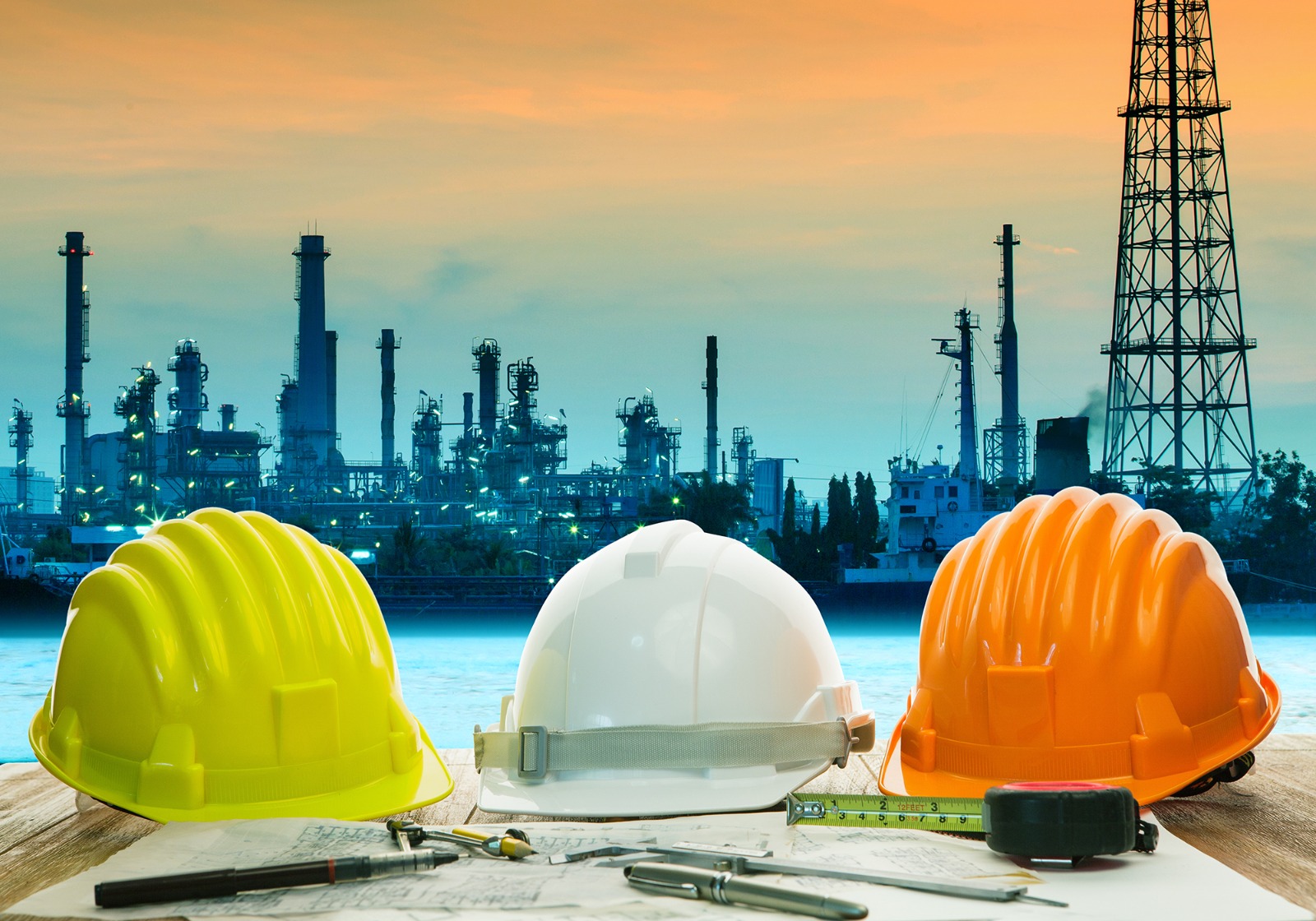
DSEAR / ATEX
DSEAR (Dangerous Substances and Explosive Atmospheres Regulations) is a set of regulations in the UK aimed at protecting people from the risks of fire, explosion, and similar events that may be caused by dangerous substances. To achieve DSEAR compliance in the UK, duty holders are required to identify dangerous substances used in the workplace, complete a suitable and sufficient risk assessment, identify credible sources of ignition, and implement effective control measures such as adequate ventilation, confinement, isolation, elimination of ignition sources, and the use of protective equipment. This will enable the duty holder to define a sound basis of safety.
DSEAR (made under the Health and Safety at Work etc Act 1974) applies to workplaces in Great Britain and is the UK’s implementation of two European Directives: the safety aspects of the Chemical Agents Directive 98/24/EC (CAD), and the Explosive Atmospheres Directive 99/92/EC (ATEX).

Full Site DSEAR Risk Assessments
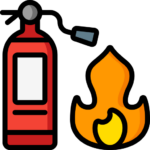
Assessment of Fire and Explosion Risks
From Specific Unit Operations

Ventilation Assessments
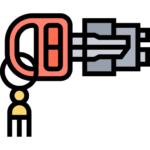
Ignition Risk Assessments
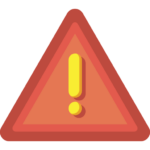
Hazardous Area Classification (HAC)
Using proven industry standards such BS EN 60079-10-1/2, EI 15, and IGEM/SR/25

Producing HAC drawings

Desktop Flammability and Combustibility Reviews
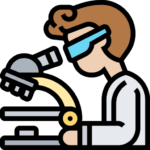
Lab Testing

DSEAR Gap Analysis, Auditing & Reviews

DSEAR Training

Mechanical Equipment Ignition Risk Assessments

LEAC
List of Equipment for Area Classification (Ex Asset Registers for mechanical & electrical equipment)
COMAH / Seveso III
The Control of Major Accident Hazards (COMAH) Regulations 2015 is the UK’s implementation of the EU’s Seveso III Directive (2012/18/EU) and continues to remain in force in the UK after Brexit. COMAH aims to both prevent major accidents involving dangerous substances in the workplace and limit the consequences of such accidents to people and the environment.
Dunameering provides a variety of COMAH-related consultancy services to assist our clients in strengthening their compliance, minimizing their risk, and aligning with industry good practice. Our clients include Upper-Tier and Lower-Tier establishments, (as well as those transitioning from Lower-Tier to Upper-Tier status) across the chemical, pharmaceutical, oil & gas, manufacturing, food/drink and distillery sectors. We have supported clients with writing either their First COMAH Safety Report or completing the 5-yearly update.
To prevent hazards, duty holders must have a Major Accident Prevention Policy (MAPP) which is supported by a robust Safety Management System (SMS) to prevent, control, and mitigate the effects of major accidents

HAZID Facilitation

HAZOP Facilitation & Report Writing

Failure Modes and Effects Analysis (FMEA)

SIL Targeting / Layer of Protection Analysis (LOPA) Facilitation & Report Writing.

SIL Verification & Functional Safety Assessments

Fault Tree Analysis

Event Tree Analysis

Quantitative Risk Assessments (QRA)

Human Error Analysis

Occupied Buildings Risk Assessment (OBRA)

ALARP Demonstration

Bow-Tie Analysis

Process Safety Training

